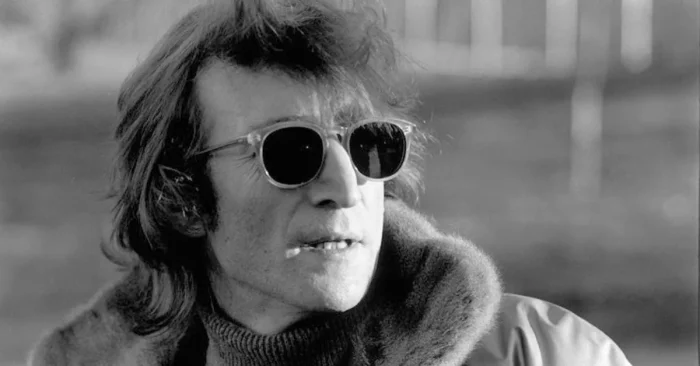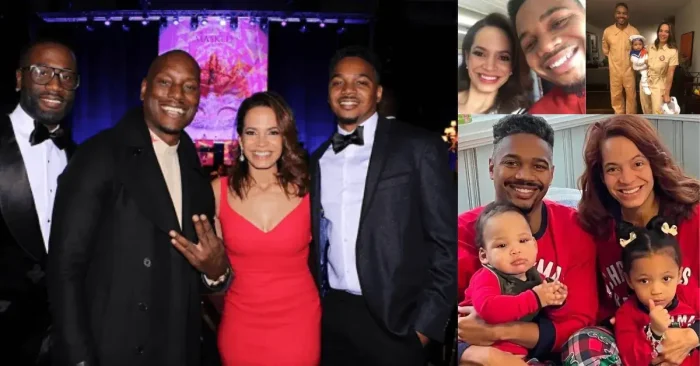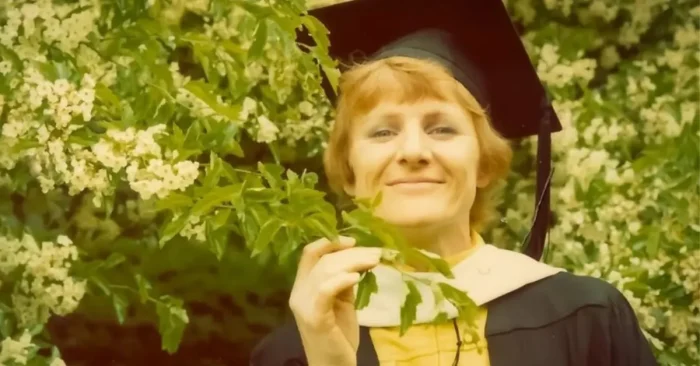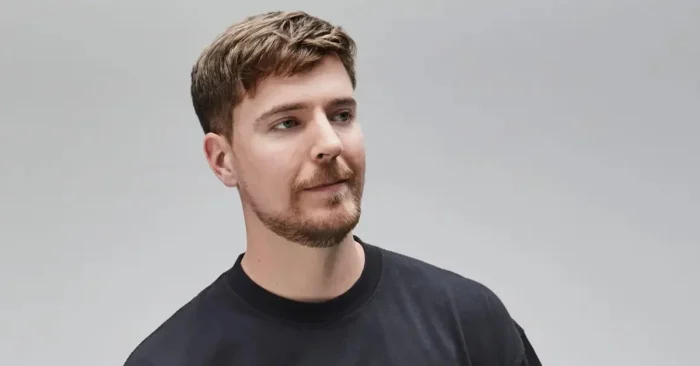John Lennon – Biography
Early Life and Influences
John Lennon was born on October 9, 1940, in Liverpool, England, during the turmoil of World War II. Raised by his Aunt Mimi after his parents separated, John had a complex upbringing marked by both affection and emotional distance. Music entered his life early, influenced by his mother, Julia, who taught him how to play banjo and piano. His rebellious spirit and creative energy began to show in his teens when he formed his first band, The Quarrymen, a skiffle group that would eventually evolve into The Beatles. Lennon’s early love of American rock and roll, especially Elvis Presley and Chuck Berry, fueled his desire to become a musician.
The Beatles and Global Stardom
Lennon’s life changed forever when he met Paul McCartney in 1957. The two quickly formed a close musical partnership, blending their songwriting talents and leading what would become the most influential band in history—The Beatles. Alongside George Harrison and Ringo Starr, they created a cultural revolution. John was known for his sharp wit, introspective lyrics, and edgy charisma. Songs like “Help!,” “All You Need Is Love,” and “Strawberry Fields Forever” captured the era’s hopes, fears, and dreams. Lennon’s voice became a symbol of the 1960s, and his leadership helped guide the Beatles through their evolution from pop stars to artists pushing musical and social boundaries.
Artistic Growth and Experimentation
As The Beatles matured, so did John. He began exploring deeper themes—love, loss, identity, and politics—through music. Albums like *Rubber Soul*, *Revolver*, and *The White Album* reflected this shift. He wasn’t afraid to confront uncomfortable truths, using his lyrics to challenge war, consumerism, and personal demons. By the late 1960s, his relationship with avant-garde artist Yoko Ono introduced him to new forms of artistic expression. Together, they created experimental music, art installations, and peace campaigns that drew both criticism and admiration. Their “Bed-Ins for Peace” became iconic symbols of peaceful protest against war, especially during the Vietnam era.
Life After The Beatles
After The Beatles disbanded in 1970, John launched a solo career that reflected a more personal and politically charged voice. His debut solo album, *John Lennon/Plastic Ono Band*, was raw and emotional, delving into childhood trauma and spiritual searching. Songs like “Mother” and “Working Class Hero” showed a brutally honest side of him. His follow-up, *Imagine*, gave the world one of the most enduring anthems of hope. Lennon wasn’t just writing pop hits—he was addressing the state of humanity. Despite media scrutiny and struggles with U.S. immigration, he remained committed to activism and artistic freedom throughout the 1970s.
Personal Life and Fatherhood
Lennon’s personal life was as public as his music. His relationship with Yoko Ono was a central part of his identity after The Beatles, and their bond was both deeply artistic and intensely personal. In 1975, after the birth of their son, Sean, John stepped back from the public eye to focus on being a stay-at-home father. This five-year break from the music industry marked a quieter chapter in his life, one of reflection, parenting, and renewed creativity. When he returned with *Double Fantasy* in 1980, it showed a more peaceful, mature Lennon—still curious, still honest, and still evolving.
Tragic Death and Legacy
On December 8, 1980, John Lennon was tragically shot and killed outside his New York City apartment. His death shocked the world and left an irreplaceable void in music and culture. Though his life was cut short, his impact continues to resonate. Lennon was more than a rock star—he was a poet, an activist, a thinker, and a dreamer. His message of peace, love, and self-expression lives on through his music and the generations he inspired. From “Imagine” to “Give Peace a Chance,” John’s legacy reminds us of music’s power to heal, challenge, and bring people together.
Conclusion
John Lennon’s life was a mosaic of brilliance, rebellion, vulnerability, and transformation. He helped redefine music, gave voice to a generation, and used his fame to stand for peace and truth. Whether as a Beatle, a solo artist, or a cultural figure, Lennon never stopped searching for authenticity—in his work and in himself. His songs continue to echo across decades, not just as music, but as a call to imagine a better, more compassionate world. Even now, John Lennon remains not just a legend, but a lasting influence on how we think, feel, and create.
Frequently Asked Questions (FAQs)
What is John Lennon best known for?
He is best known as a founding member of The Beatles and for his solo career, particularly the song “Imagine.”
When did John Lennon die?
John Lennon was tragically killed on December 8, 1980, in New York City.
Was John Lennon married?
Yes, he was married to Yoko Ono from 1969 until his death in 1980.
What causes did John Lennon support?
He was a vocal advocate for peace, civil rights, and anti-war activism, especially during the Vietnam War era.
Did John Lennon have children?
Yes, he had two sons—Julian Lennon with his first wife Cynthia, and Sean Lennon with Yoko Ono.

















